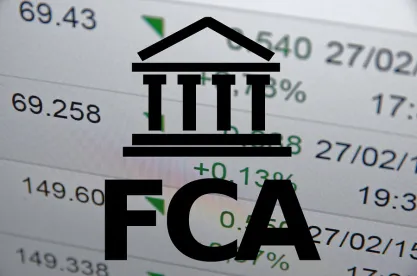Earlier this month, an Upper Tribunal Judge ordered the FCA to pay a mortgage broker’s legal costs. The Judge deemed the FCA’s decision to pull the business’ trading permissions for not having insurance amid a wide mortgage fraud probe, “unreasonable”.
Background
The regulator first probed Financial Solutions (Euro) Ltd’s (“FSE“) policies after the Company was dropped by Barclays Bank’s brokers’ panel amid allegations that its business had been used to aid “organised insurance fraud“. While the Company and its director were not accused of fraud, there were obvious oversights and incompetencies. In 2017, the business voluntarily ceased trading in light of the investigation.
The FCA eventually dropped its probe. However, in May 2019, the FCA revoked FSE’s trading permission on the grounds that it did not have the necessary professional indemnity insurance, and due to its decision not to pay FCA fees and other levies.
The director of FSE, Markos Markou, complained that the FCA had unfairly delayed its decision on whether to launch a formal probe, and then failed to be transparent as the probe morphed into a review of his insurance coverage and unpaid fees.
Judgment
Tribunal Judge Herrington said the FCA’s Enforcement Division should have known that its long-running fraud investigation into FSE hindered the mortgage company from obtaining necessary professional indemnity insurance. Insurers refused to issue a policy to FSE due to the FCA’s investigation. Further, the FCA’s request for FSE to stop trading meant that the Company had run out of funds.
The FCA’s tough approach toward FSE was not well received by the Judge who noted that it seemed that the FCA knew that the company “was caught in a ‘vicious circle’ but it did not go on to consider how that vicious circle might have been broken.”
In April, a panel of three Upper Tribunal judges rebuffed the FCA’s decision and found that the Watchdog had effectively trapped FSE. Earlier this month, Judge Herrington ordered the FCA to pay FSE’s legal costs, incurred in defending the FCA’s case, in the sum of £20,000.
Comment
In this instance, it is clear the Tribunal considered that the regulator overstepped the mark by opting for a punitive approach against a company rather than exploring more reasonable alternatives. The FCA’s decision to pursue cancellation of FSE’s regulatory permissions was considered too strong-handed, in circumstances where the Tribunal felt that intermediary measures would have been better suited.





 />i
/>i

